Our History
The History of Kroger
Our story began in 1883, when Barney Kroger invested his life savings of $372 to open a single grocery store at 66 Pearl Street in downtown Cincinnati. He had a simple motto: “Be particular. Never sell anything you would not want yourself.”
Today, the Kroger Company is still particular. We think strategically about how we serve customers and community, and how we create the future of grocery retail. With more than 2,700 stores in 35 states, we meet our customers’ changing needs by making fresh food more accessible.
Our current practices are rooted in Barney Kroger’s early efforts to serve customers through food freshness, low prices and innovation—fundamentals that remain at the heart of our Kroger mission today.
A History of Innovation Inspires Today’s Shopping Experience
A Born Innovator
Barney was always looking for new ways to serve his customers. In the early 1900s, grocers typically purchased bread from local bakeries then resold it. Bread, Barney reasoned, was the most basic of staples and something he sold a lot of. He realized if he could bake the bread himself, he’d cut his costs and offer customers a fresher loaf at a lower price.
In 1901, Kroger became the first grocer in the country to establish its own bakeries, followed by integration of the meat department.
Private Label Manufacturing
Ever the innovator, Barney saw the potential in making his own products. When farmers rolled into town with a harvest bounty of cabbage, Barney had an idea. He took that cabbage home to his mother, and she turned it into lots of delicious sauerkraut. He knew his German Cincinnati customers would love it, and he was right.
The initial manufacturing effort born in Mrs. Kroger’s kitchen was the beginning of something special. Today, Kroger operates 35 food manufacturing facilities that make everything from bread, cookies and milk to soda, ice cream and peanut butter.
Bringing Groceries to You
In his early days, Barney would saddle up his horse Dan to his wagon and deliver groceries to customer around Greater Cincinnati.
Today, we use cutting-edge technology to ensure our customers have the products they want, when they want them. From an emergency box of diapers or last-minute meal to the weekly stock-up shop, customers find the products they crave with zero compromise on convenience, selection or value.
More Choices for Customers
In the 1980s, our supermarkets evolved into combination stores, adding pharmacy, beauty and health care to a growing store selection. Our stores today offer everything from basic grocery staples to organic vegetables, natural foods, and hot meals that are ready to eat.
We operate more than 2,000 in-store pharmacies that fill millions of prescriptions annually. And fuel centers in more than 1,500 locations let our customers gas up and save where they shop.
Our marketplace stores elevate convenience to a new level. Multi-department stores under the Fred Meyer banner are huge, at more than 161,000 square feet.
Strategic Growth
Mergers have played a key role in our growth. In 1983, 100 years after our company’s founding, Kroger merged with Dillon Companies Inc. in Kansas to become a coast-to-coast operator of food, drug and convenience stores. This brought Dillon’s, King Soopers, Fry’s, City Market and Gerbes into the Kroger family.
The biggest merger in our history came in 1999, when we merged with Fred Meyer, Inc. (owner of Smith’s Ralphs, Food 4 Less and QFC). That year, we also merged with JayC, Owens Market and Pay Less.
And the mergers didn’t stop there. In 2001, we merged with Baker’s, followed by mergers with Harris Teeter in 2014 and Roundy’s, Pick ‘N Save, Metro Markets and Mariano’s in 2015. This expanded our reach through the Mid-Atlantic states and the northern Midwest.
We also expanded our business outside the brick and mortar store. In 2014, we merged with Vitacost.com, one of the largest pure e-commerce companies in the nutrition and healthy living market. Its platform accelerated our entry into the e-commerce space by several years, helping us serve customers through ship-to-home orders and expanding our reach into all 50 states and internationally.
In 2018, we merged with Home Chef to make dinner easier for millions of Americans and work with Ocado to revolutionize our e-commerce business.
History of Operating Responsibly
Kroger has a long tradition of operating responsibly and advancing positive impacts for our associates, customers and communities. Our Responsible Business strategy includes important topics related to our own operations and global supply chain. Learn more.
We were among the first companies to create a dedicated board-level committee to oversee this work. In 1977, we formed the Public Responsibilities Committee of Kroger’s board of directors, and these experienced committee members continue to provide feedback and oversight to our strategy and goals today.
Kroger always seeks new solutions to serve our communities. In the mid-2000s, we created a process to safely recover surplus fresh food in our stores and donate it quickly to local food banks to feed families. This program helped shape what became Kroger’s Zero Hunger | Zero Waste impact plan, which was introduced in 2017 to express our mission to end hunger and waste in our communities. Since then, we’ve directed 3.9 billion meals to nourish our communities and $1.8 billion in charitable giving to end hunger, including donated food and funds.











